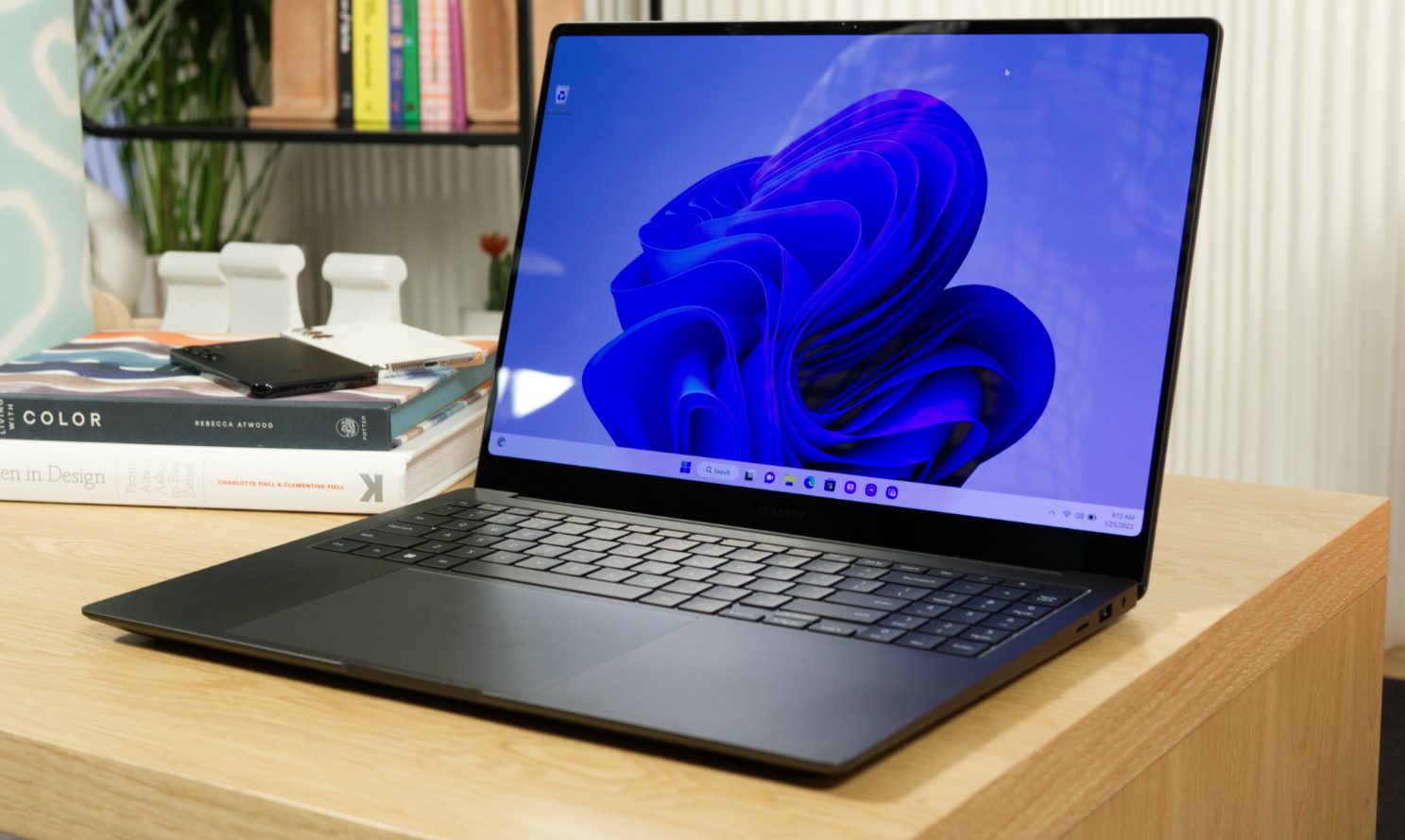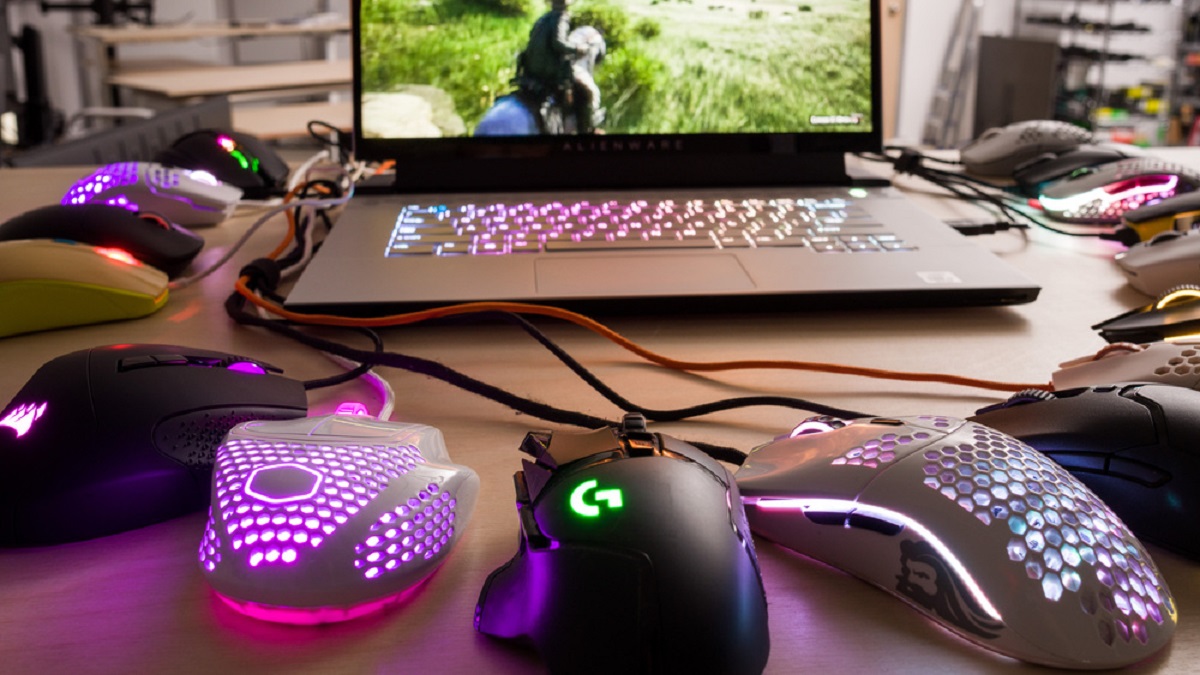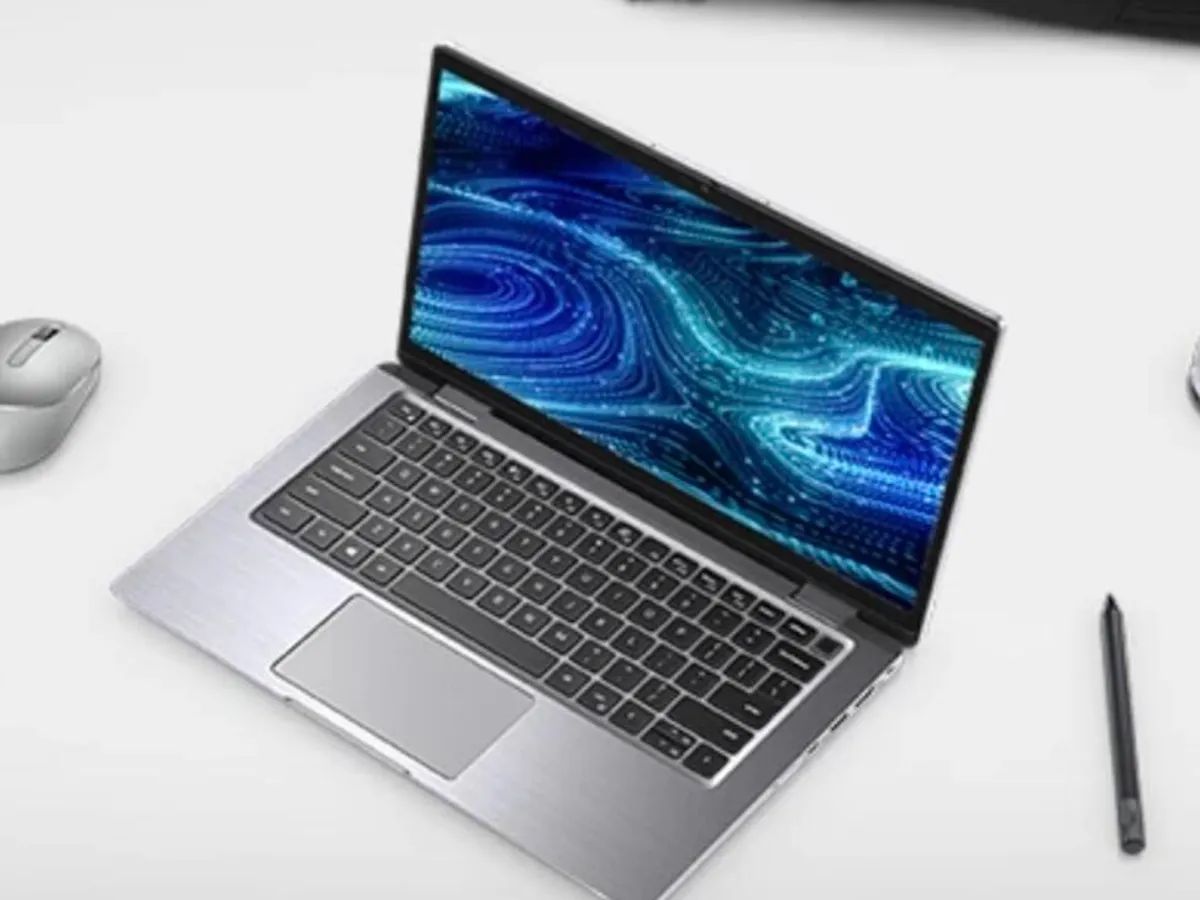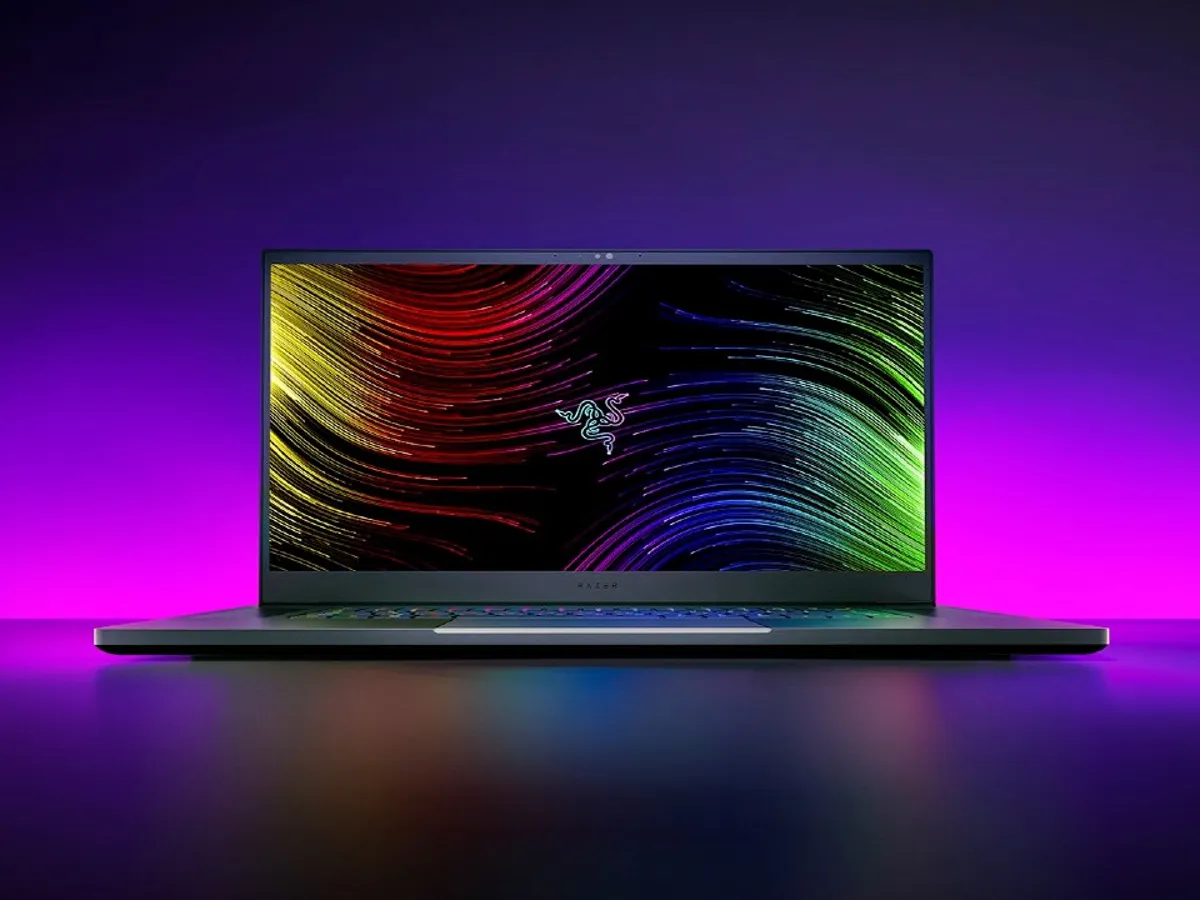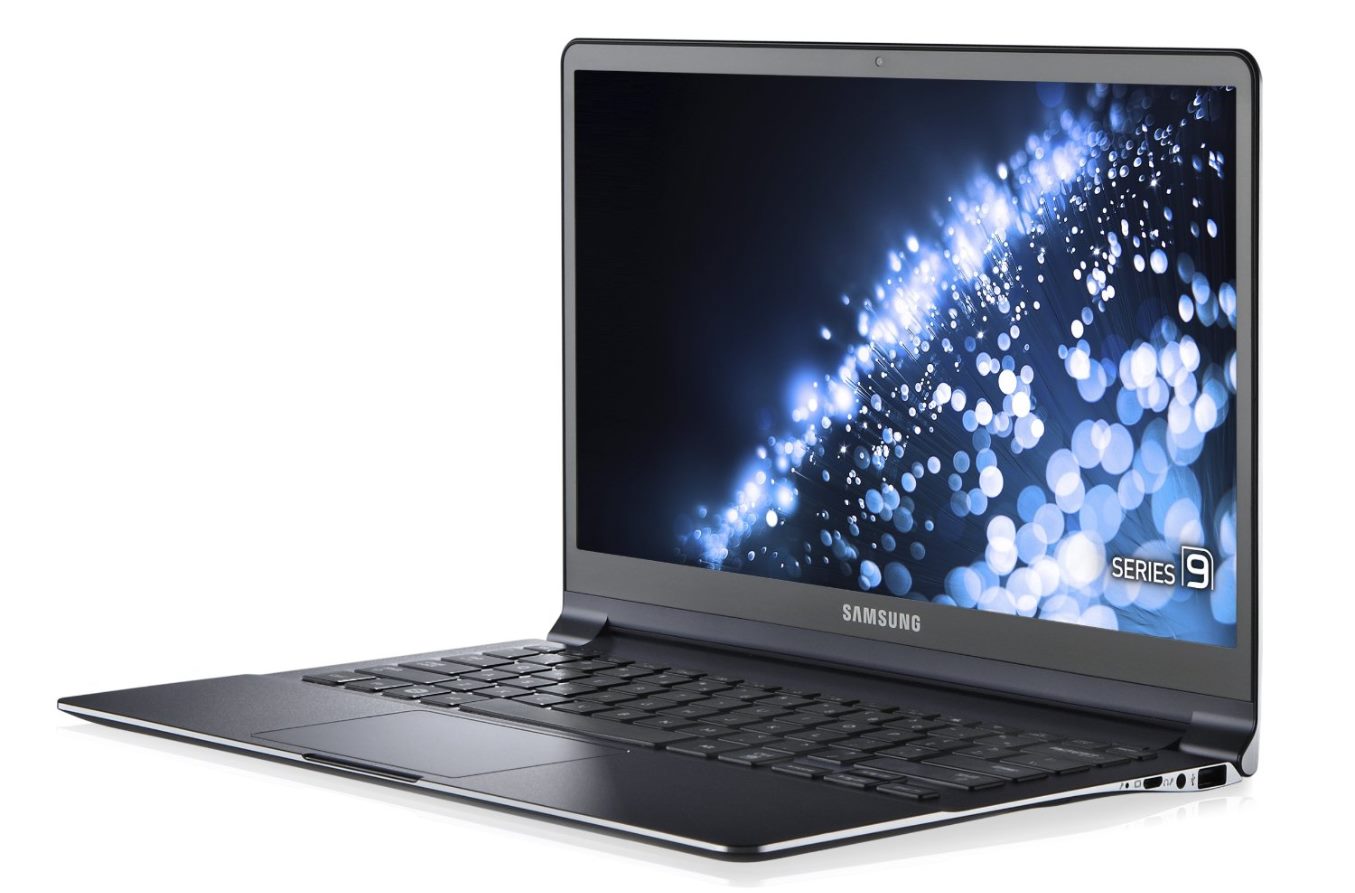Introduction
Gaming laptops have become increasingly popular in recent years, offering a portable and powerful solution for gamers on the go. However, one common concern among gamers is the lifespan of their gaming laptops. How long can a gaming laptop last? This is a question that many gamers ask before making a significant investment in a high-end gaming machine.
While the lifespan of a gaming laptop can vary depending on several factors, including the brand, hardware specifications, and usage patterns, it is essential to understand the key factors that can affect the longevity of these devices. By considering these factors, gamers can make informed decisions when selecting a gaming laptop and take steps to prolong its lifespan.
In this article, we will explore the factors that influence the lifespan of a gaming laptop and provide some helpful tips to increase its longevity. We will discuss the importance of manufacturing quality and brand reputation, hardware specifications and performance, thermal management and cooling, and upgradability. By understanding these factors, you can make a well-informed decision when purchasing a gaming laptop and ensure that it serves you well for years to come.
So, if you have been wondering how long your gaming laptop will last, read on to discover the essential factors to consider and the steps you can take to maximize its lifespan.
Factors that Affect the Lifespan of a Gaming Laptop
When it comes to the lifespan of a gaming laptop, several crucial factors can significantly impact how long the device will last. By understanding these factors, you can make informed decisions when purchasing a gaming laptop and take measures to extend its lifespan. Here are the key factors that affect the longevity of a gaming laptop:
1. Manufacturing Quality and Brand Reputation: The quality of the manufacturing process and the reputation of the brand play a significant role in the lifespan of a gaming laptop. Reputable brands often invest in premium components and rigorous quality control measures, ensuring that their products are built to last. It is always advisable to choose a gaming laptop from a trusted brand with a proven track record of producing reliable and durable devices.
2. Hardware Specifications and Performance: The hardware specifications of a gaming laptop have a direct impact on its lifespan. High-performance components, such as a powerful processor, ample RAM, and a dedicated graphics card, can handle demanding games more efficiently and help extend the lifespan of the device. On the other hand, outdated or underpowered hardware may struggle to run newer games and may need to be replaced sooner.
3. Thermal Management and Cooling: Gaming laptops generate a significant amount of heat during intense gaming sessions, which can negatively impact their lifespan. Proper thermal management and efficient cooling systems are crucial to prevent overheating and excessive wear and tear on the internal components. Gaming laptops with robust cooling mechanisms, such as multiple fans, heat sinks, and ventilation, tend to have a longer lifespan.
4. Upgradability and Future-Proofing: The ability to upgrade key components of a gaming laptop, such as the RAM and storage, can help extend its lifespan. By being able to upgrade these components, gamers can keep up with the evolving technology and ensure that their device remains capable of running the latest games. Choosing a gaming laptop with good upgradability and future-proofing options allows for a more cost-effective and longer-lasting gaming experience.
By considering these factors, you can make a well-informed decision when selecting a gaming laptop and take steps to maximize its lifespan. However, it is important to note that the overall lifespan of a gaming laptop can also be influenced by individual usage patterns, maintenance, and external factors such as power surges or physical damage. Being mindful of these factors and practicing good care and maintenance habits can further enhance the longevity of your gaming laptop.
Manufacturing Quality and Brand Reputation
When it comes to the lifespan of a gaming laptop, the manufacturing quality and brand reputation are critical factors to consider. The quality of the manufacturing process and the reputation of the brand can greatly impact how long a gaming laptop will last. Here’s why:
1. Premium Components: Reputable brands often invest in high-quality components, ensuring that their gaming laptops are built to withstand prolonged and intense use. These brands prioritize the use of top-grade materials, such as sturdy chassis, durable keyboards, and reliable connectors. By using premium components, the chances of premature failures or malfunctions are significantly reduced, leading to a longer lifespan for the laptop.
2. Rigorous Quality Control: Well-established brands usually have stringent quality control processes in place to ensure that each gaming laptop meets high standards before it reaches the market. These quality control measures involve rigorous testing and inspection at various stages of the manufacturing process, minimizing the probability of manufacturing defects or faulty components. As a result, gaming laptops from trusted brands are more likely to have a longer lifespan.
3. Customer Support and Warranty: Brand reputation also plays a crucial role in terms of customer support and warranty. Reputable brands often have excellent customer service channels and comprehensive warranty policies, providing peace of mind to consumers. If any issues arise with the gaming laptop, a reputable brand will typically offer prompt assistance and reliable solutions, ensuring that the device can be repaired or replaced as needed.
4. Longevity of Software Support: Besides hardware quality, brand reputation can also impact the longevity of software support for gaming laptops. Well-known brands tend to provide regular software updates and driver releases to optimize performance and compatibility. This ensures that your gaming laptop remains capable of running the latest games and software for an extended period, even as technology continues to advance.
When it comes to manufacturing quality and brand reputation, it is advisable to opt for gaming laptops from well-established and trusted brands. These brands have established their credibility and have a track record of producing reliable and durable devices. While gaming laptops from these brands may come at a higher price point, the investment is often worth it in terms of the extended lifespan and overall performance of the device.
Hardware Specifications and Performance
The hardware specifications of a gaming laptop have a direct impact on its lifespan. The performance capabilities of the components play a significant role in determining how long the device can handle newer and more demanding games. Here’s why hardware specifications are crucial:
1. Processing Power: A powerful processor is essential for running graphically intensive games smoothly. The processor handles the calculations and tasks required by games, and having a high-performance CPU ensures that your gaming laptop can keep up with the latest gaming trends and requirements. A faster processor can also handle multitasking more efficiently, leading to a smoother overall experience.
2. RAM: Sufficient RAM is crucial for gaming laptops to handle resource-intensive games and software. More RAM allows for smoother gameplay, faster loading times, and better multitasking capabilities. It is advisable to choose a gaming laptop with a higher amount of RAM to future-proof your device and ensure optimal performance as games become more demanding over time.
3. Graphics Card: The graphics card of a gaming laptop is perhaps the most critical component when it comes to gaming performance. A dedicated graphics card provides the power and capabilities required to render complex graphics and deliver a smooth gaming experience. Opting for a gaming laptop with a high-end graphics card ensures longevity, as it can handle the graphics demands of newer games for a more extended period.
4. Storage Drive: The choice of storage drive can impact both performance and storage capacity. Solid-State Drives (SSDs) are faster and more reliable than traditional Hard Disk Drives (HDDs), leading to quicker boot times, faster game loading, and overall snappier performance. Opting for a larger storage capacity allows for storing more games and files without the need for frequent upgrades or external storage devices.
When selecting a gaming laptop, it is essential to consider the hardware specifications and opt for a device that meets your gaming needs not only in the present but also in the foreseeable future. Investing in a gaming laptop with powerful components will ensure that your device remains capable of running the latest games and software for a more extended period, thus prolonging its lifespan.
Thermal Management and Cooling
Thermal management and cooling are crucial factors that significantly impact the lifespan of a gaming laptop. Gaming laptops, with their powerful hardware and intense gaming sessions, generate a significant amount of heat. Proper thermal management and efficient cooling systems are essential to prevent overheating and excessive wear and tear on the internal components. Here’s why thermal management and cooling are important:
1. Preventing Overheating: Overheating is one of the leading causes of hardware failure in gaming laptops. When the internal components of a laptop get too hot, it can lead to thermal throttling and reduced performance. Prolonged exposure to high temperatures can also cause damage to sensitive parts such as the motherboard, graphics card, and CPU. Effective cooling systems with multiple fans, heat sinks, and proper ventilation help dissipate heat and keep the internal temperature within safe limits.
2. Maintaining Optimal Performance: Excessive heat can also affect the performance of a gaming laptop. When a laptop’s components get too hot, they may not be able to operate at their full potential, resulting in decreased performance and frame rate drops during gaming sessions. By maintaining optimal temperatures through proper cooling, a gaming laptop can deliver consistent performance and ensure a smooth gaming experience.
3. Extending Lifespan of Components: Excessive heat can cause accelerated wear and tear on the different components of a gaming laptop. This can lead to a shorter lifespan and the need for early replacements or repairs. Effective cooling mechanisms help reduce the strain on the components, prolonging their lifespan and saving you from costly repairs or upgrades in the long run.
4. Cleaning and Maintenance: Regular cleaning and maintenance of the cooling system are essential to ensure its efficiency. Dust and debris can accumulate over time, clogging the fans and heat sinks, reducing their ability to dissipate heat effectively. Regular cleaning with compressed air or a soft brush can help prevent overheating and maintain optimal cooling performance.
When selecting a gaming laptop, it is important to consider the cooling capabilities and thermal management system. Look for laptops with strategic placement of heat vents, efficient fans, and advanced cooling technologies. It is also advisable to use the laptop on a flat, solid surface that allows for better airflow and avoids blocking the intake or exhaust vents.
By ensuring proper thermal management and cooling for your gaming laptop, you can protect its internal components, maintain optimal performance, and extend its lifespan for years of gaming enjoyment.
Upgradability and Future-Proofing
When considering the lifespan of a gaming laptop, upgradability and future-proofing are essential factors to take into account. The ability to upgrade key components of a gaming laptop can significantly extend its lifespan and keep it relevant in the face of advancing technology. Here’s why upgradability and future-proofing are important:
1. Performance Enhancements: Over time, the demands of gaming software and technology evolve, requiring more powerful hardware to deliver optimal performance. Upgradable components such as RAM, storage, and even the processor allow gamers to keep up with these advancements. By upgrading these components as needed, users can continue to enjoy better performance and smoother gameplay, ensuring that their gaming laptop remains capable of running the latest games for a longer period.
2. Cost-Effectiveness: Investing in a gaming laptop with good upgradability can be a cost-effective choice in the long run. Instead of buying an entirely new laptop when the hardware becomes outdated, having the option to upgrade specific components allows you to save money. Upgrading certain components, such as adding more RAM or switching to a larger storage drive, can give your gaming laptop a new lease on life without the need for a full replacement.
3. Flexibility and Customization: Gaming laptops with upgradable components offer users the flexibility and customization options to tailor their devices to their specific needs and preferences. Users can choose to upgrade the parts that are most important to them, such as increasing RAM for better multitasking or upgrading the graphics card for improved gaming performance. This customization ensures that the gaming laptop can adapt to changing needs and maintain its relevance in the gaming landscape.
4. Longevity of Software Support: By future-proofing your gaming laptop through upgradability, you can also prolong the availability of software support. Upgrading the necessary components, such as the processor and graphics card, ensures that your device can meet the requirements of forthcoming software updates and new game releases. This means you can continue to enjoy the latest gaming experiences without having to invest in an entirely new laptop.
When purchasing a gaming laptop, it is crucial to consider the upgradability options and future-proofing capabilities. Look for laptops that allow for easy access and upgrades to components such as RAM, storage, and the graphics card. It is also advisable to choose laptops with compatibility for next-generation hardware advancements, ensuring that you can maximize the lifespan of your device.
By planning for upgradability and future-proofing, gamers can extend the lifespan of their gaming laptops, save money on unnecessary replacements, and stay up-to-date with the latest gaming technology and experiences.
Gaming Laptop Lifespan Expectations
When it comes to the lifespan of a gaming laptop, it is important to set realistic expectations. The actual lifespan of a gaming laptop can vary depending on several factors, including the brand, usage patterns, maintenance, and technological advancements. Here are some general expectations regarding the lifespan of a gaming laptop:
1. Average Lifespan: On average, a well-maintained gaming laptop can last anywhere between 3 to 5 years. However, this is just a rough estimate, and some laptops may last longer while others may start showing signs of aging sooner. High-end gaming laptops with premium components and superior build quality tend to have a longer lifespan compared to budget-friendly options.
2. Technological Advancements: The rapid pace of technological advancements can impact the lifespan of a gaming laptop. As new games and software become more demanding, older laptops may struggle to keep up. While a gaming laptop can still function beyond its prime, it may not be able to handle new releases or play games at their maximum settings. However, regular component upgrades can help extend the lifespan by adapting to these advancements.
3. User Habits and Maintenance: The way a gaming laptop is used and maintained can also influence its lifespan. Regularly cleaning the cooling system, avoiding excessive heat, and using the laptop on a stable surface can help prevent overheating and prolong the lifespan. Additionally, avoiding unnecessary strain on the components, such as excessive overclocking, can also contribute to a longer lifespan.
4. Warranty Coverage: Most gaming laptops come with a standard manufacturer’s warranty, which typically lasts for a year or two. Some brands may offer extended warranties for additional coverage. While a warranty does not determine the exact lifespan of a gaming laptop, it provides protection against manufacturing defects or premature failures during the coverage period.
It is essential to keep in mind that these expectations are general guidelines and can vary on a case-by-case basis. The actual lifespan of a gaming laptop may be influenced by factors specific to each user and their individual usage patterns. Additionally, it is worth noting that even after a gaming laptop reaches the end of its functional lifespan, it can still serve as a secondary device for less demanding tasks or be repurposed for other uses.
By considering these expectations and taking proper care of your gaming laptop, you can maximize its lifespan and get the most out of your investment. Regular maintenance, upgrades as needed, and staying informed about the latest technology trends can help you ensure that your gaming laptop remains capable and enjoyable for years to come.
Tips to Increase the Lifespan of Your Gaming Laptop
To ensure that your gaming laptop lasts as long as possible, there are several tips and practices you can follow. By implementing these tips, you can extend the lifespan of your device and maintain optimal performance. Here are some valuable tips to increase the lifespan of your gaming laptop:
1. Proper Cooling and Ventilation: Ensure that your gaming laptop has adequate cooling and ventilation. Use it on a hard, flat surface to allow proper airflow and avoid obstructing the intake or exhaust vents. Regularly clean the cooling system to prevent dust accumulation, as it can hinder heat dissipation and potentially lead to overheating and component damage.
2. Avoid Overclocking: While overclocking can boost performance, it can also put excessive stress on the components, leading to accelerated wear and tear. Avoid pushing the hardware beyond its recommended specifications, as this can shorten the lifespan of your gaming laptop. Stick to the recommended settings to maintain a balance between performance and longevity.
3. Control Heat and Humidity: Keep your gaming laptop away from extreme heat sources and direct sunlight, as this can damage the internal components. Additionally, avoid exposing the laptop to high levels of humidity, as it can cause corrosion and electrical damage. Store your gaming laptop in a cool, dry place when not in use.
4. Regular Software Updates: Stay up-to-date with the latest system and driver updates. These updates often include bug fixes, security patches, and performance enhancements, ensuring that your gaming laptop remains optimized and protected from vulnerabilities. Keeping your software up to date can also improve compatibility with newer games and software releases.
5. Practice Safe Battery Usage: If your gaming laptop has a removable battery, make sure to use it properly. Avoid completely draining the battery before recharging, as this can strain the battery and reduce its lifespan. Instead, aim to keep the battery charged between 20% and 80% for optimal longevity. Additionally, avoid exposing the battery to extreme temperatures, as it can negatively impact its performance and lifespan.
6. Use Reliable Power Sources: When gaming on a laptop, use a reliable power source or a high-quality surge protector to protect against power surges and fluctuations. Sudden power outages or voltage spikes can potentially damage sensitive components. By using a reliable power source, you can minimize the risk of such incidents and prolong the lifespan of your gaming laptop.
7. Periodic Hardware Upgrades: Consider hardware upgrades as your gaming laptop ages. Upgrading components such as RAM or storage can help boost performance and extend the lifespan of your device. Check the compatibility of hardware upgrades with your laptop model and consult with professionals if needed.
By following these tips, you can significantly increase the lifespan of your gaming laptop. Regular maintenance, efficient cooling, appropriate usage, and staying updated with software and hardware can help you get the most out of your investment and enjoy your gaming laptop for years to come.
Conclusion
The lifespan of a gaming laptop is influenced by various factors, including manufacturing quality, hardware specifications, thermal management, and upgradability. By considering these factors and implementing certain practices, you can extend the lifespan of your gaming laptop and maintain optimal performance.
Choosing a gaming laptop from a reputable brand known for manufacturing quality devices is a crucial first step. These brands prioritize high-quality components and rigorous quality control processes, ensuring that their laptops are built to last.
Hardware specifications play a significant role in the longevity of a gaming laptop. Investing in a powerful processor, sufficient RAM, and a dedicated graphics card helps ensure that your device can handle the demands of new and upcoming games.
Effective thermal management and cooling systems are essential to prevent overheating and avoid strain on the internal components. Keep the laptop clean, use it on a hard, flat surface, and avoid blocking the intake or exhaust vents to promote proper airflow.
Considering upgradability and future-proofing options can also extend the lifespan of your gaming laptop. Opt for laptops with easy access to upgradeable components, allowing you to adapt to newer technologies and increase performance as needed.
While there is no fixed lifespan for a gaming laptop, it is typically expected to last between 3 to 5 years with proper maintenance and usage. However, individual usage patterns, maintenance habits, and advancements in technology can influence the actual lifespan.
By implementing the tips discussed, such as proper cooling and ventilation, avoiding overclocking, and practicing safe battery usage, you can maximize the lifespan of your gaming laptop.
It’s important to remember that the lifespan of a gaming laptop is not solely determined by the hardware, but also by the user’s care and maintenance habits. Regular cleaning, staying updated with software, and using reliable power sources can also contribute to a longer lifespan.
Ultimately, by making informed decisions, investing in quality hardware, and following the recommended practices, you can ensure that your gaming laptop serves you well for an extended period, providing countless hours of immersive gaming experiences.










